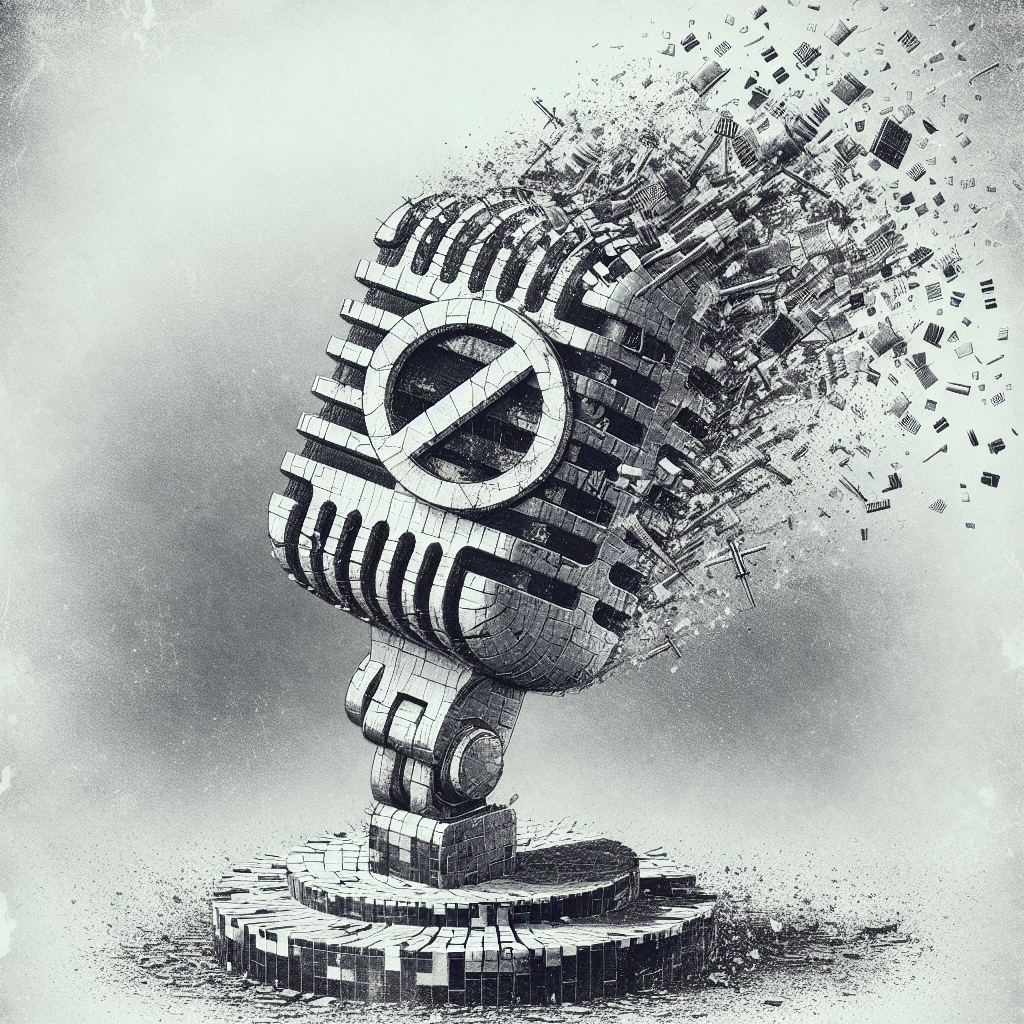Hillary Clinton’s recent media appearances have amplified her advocacy for stringent regulations on free speech, as evidenced by her discussions on CNN and her latest book, “Something Lost and Something Gained.” In these platforms, she articulated concerns about the rising resistance to censorship, urging Congress to take steps to limit free speech in the U.S. Clinton’s stance reflects a broader trend among some political leaders who believe that curtailing freedom of expression is necessary to address various social challenges. However, this viewpoint raises significant questions about the implications of increased governmental power, suggesting that while those in authority might gain more control, ordinary citizens could ultimately suffer the consequences of diminished free speech.
Clinton’s arguments about the necessity of censorship sit uneasily with the core tenets of a free society, where open dialogue and diverse opinions are valued. She acknowledges that pushing for anti-free speech measures has been an arduous journey, especially in convincing a free populace to surrender their liberties. The reason for this entrenched resistance is clear: individuals understand that relinquishing their rights could pave the way for potential misuse by those in power, including figures like Clinton herself. This delicate balance of freedom versus regulation is central to debates about how society navigates conflicting views, and it highlights the core struggle for anti-free speech advocates—the challenge of overcoming the inherent instinct for freedom among citizens.
Clinton’s approach, characterized by a call to action directed at governments and corporations, signifies a noticeable shift toward more authoritarian measures. A stark example of this can be observed in her reaction to Elon Musk’s acquisition of Twitter, where she urged European leaders to implement the Digital Services Act to limit free expression on the platform. This act not only symbolizes the desire for increased censorship but also signifies a concerning trend where American citizens might be subjected to the regulatory whims of foreign governments. Clinton’s call for intervention shows a growing tendency among certain political figures to appeal to external authorities to impose restrictions domestically, raising ethical questions about sovereignty and the rights of individuals in the digital age.
Moreover, Clinton’s stance is echoed by other political figures, including John Kerry, who have also suggested governmental crackdowns on free speech. This growing chorus of Democrats praising international censorial measures, such as Brazil’s ban on X (formerly Twitter), signals a potential shift in how freedom of expression is viewed among the political elite. Clinton’s endorsement of progressive approaches to censorship in California and New York further illustrates her intent to create a template for nationwide regulation of speech deemed harmful. However, by identifying legitimate concerns like child exploitation and violence alongside calls for broader censorship, Clinton risks diluting the distinction between safeguarding speech and curtailing it, creating a slippery slope where legitimate discourse might find itself stifled.
In framing the conversation around safety and the necessity for moderation on platforms like Facebook, Twitter, and Instagram, Clinton has cleverly positioned her arguments to resonate with many who fear the consequences of unbridled speech. Her emphasis on the potential dangers of unregulated content reflects an apprehension that speaks to contemporary society’s struggles with misinformation and harmful rhetoric. However, using extreme examples to justify sweeping regulations on free speech can lead to an erosion of constitutional rights under the guise of protecting the public. The irony is that as Clinton and her allies fear “losing control” over speech, there appears to be a greater apprehension about the loss of control over the narrative and the consequences this could pose for those in power.
Ultimately, the implications of Clinton’s rhetoric and actions demonstrate a pivotal moment in the dialogue surrounding free speech in the digital age. The Internet represents one of the most significant advancements for free expression since the printing press, a space where voices from diverse backgrounds can be heard. Clinton’s perceived panic over the unpredictable nature of social media is reflective of a broader anxiety among political elites regarding their ability to influence and control public discourse. As citizens confront these challenges, a steadfast commitment to the principles of free expression is vital in preserving the rights that underpin democratic societies. Upholding these values may prove essential in ensuring that the road toward limiting free speech remains “long and difficult,” as Clinton and her contemporaries endeavor to reshape the landscape of communication and expression.

